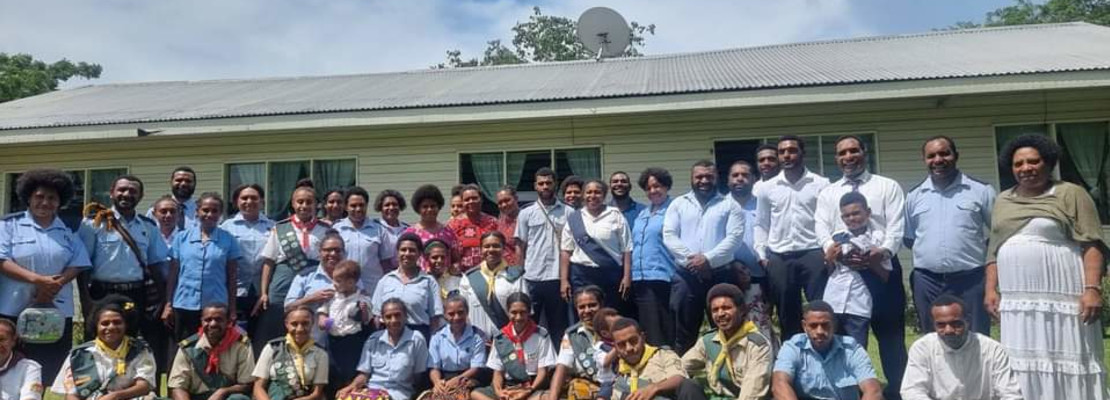In the Seventh-day Adventist (SDA) Church, an elder holds a significant leadership position within the local congregation. Elders are chosen based on their spiritual maturity, commitment to the church, and ability to provide guidance and support to the members. Here are some key aspects of the role of an elder in the SDA Church:
1. Spiritual Leadership
Elders serve as spiritual leaders within the church. They support the pastor in providing guidance, encouragement, and biblical teaching to the congregation. Elders may preach sermons, lead prayer meetings, and facilitate Bible studies to help members grow in their faith.
2. Pastoral Care and Support
Elders have a responsibility to provide pastoral care and support to church members. They visit the sick, pray with those in need, offer guidance and counseling, and provide comfort to individuals and families facing challenges or crises. Elders play a crucial role in nurturing the spiritual well-being of the congregation.
3. Church Discipline
Elders may be involved in the process of church discipline. When there are instances of moral misconduct or serious doctrinal deviations within the church, elders work in collaboration with the pastor and other church leaders to address and resolve such matters according to the principles outlined in the SDA Church's policies and guidelines.
4. Leadership and Decision Making
Elders participate in the leadership and decision-making processes of the local church. They serve as members of the church board or council and contribute to discussions and decisions related to church programs, ministries, finances, and other important matters. Elders bring their spiritual insight and wisdom to help guide the direction of the congregation.
5. Worship and Sacrament
Elders often have a role in leading worship services. They may participate in conducting prayers, reading scripture, and leading congregational singing. Elders may also assist in administering sacraments such as baptism and communion.
6. Discipleship and Mentoring
Elders are involved in the discipleship process, helping members grow in their knowledge and understanding of the Bible and supporting their spiritual development. They may mentor and disciple new believers, offering guidance, answering questions, and providing support as individuals navigate their faith journey.
7. Community Engagement and Outreach
Elders play a role in engaging with the local community and participating in outreach initiatives. They may lead or participate in evangelistic efforts, community service projects, and initiatives aimed at sharing the love of Christ and the gospel message with others.
8. Church Governance and Administration
Elders may have administrative responsibilities within the church. They may assist in organizing church events, coordinating ministries, overseeing finances, and ensuring compliance with denominational policies and guidelines.
